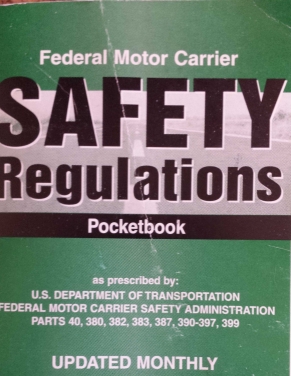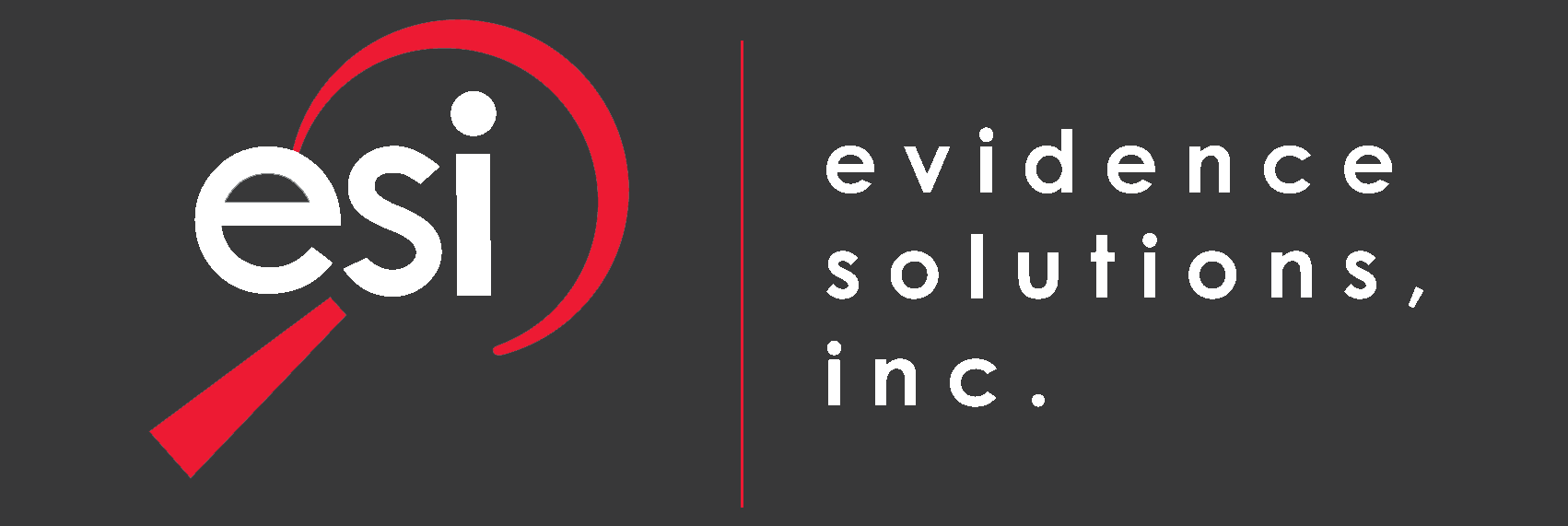C.R. England, Inc, based in Salt Lake City, Utah, has formally requested an exemption from the federal minimum training conditions that require a commercial learner’s permit (CLP) holder to always be accompanied by a commercial driver’s license (CDL) holder. The current requirement states that a fully licensed CDL holder occupy the front seat of the commercial vehicle while the CLP holder performs behind-the-wheel training on public roads or highways.

Federal Motor Carrier Safety Administration (FMCSA) - Regulations Manual
The request, which was submitted to the Federal Motor Carrier Safety Administration (FMCSA), states in part: “As the FMCSA is well aware, the trucking industry is desperately in need of qualified and well-trained drivers to meet the ever-growing demand for shipping needs. However, subpart 383.25(a)(1) [the CLP regulation] limits C.R. England’s ability to effectively and efficiently recruit, train, and employ new entrants to the industry. The exemption is requested due to the significant burden that this rule may create on the driver supply for C.R. England.”
C.R. England adds: “This exemption is consistent with the FMCSA’s comments in the preamble to the rule that state that ‘FMCSA does not believe that it is safe to permit inexperienced drivers who have not yet passed the CDL skills test to drive unaccompanied.’ The exemption sought would apply only to those who have passed the CDL skills test and hold a CLP.
C.R. England believes that the exemption, if granted, would allow such a driver to operate more freely and in a way that benefits the driver, the carrier, and the economy as a whole, according to the filing.
In the request, C.R. England, explains: prior to the implementation of the CLP regulation, states routinely issued temporary CDLs to drivers who had successfully passed a CDL skills test in their state. The temporary CDL allowed the motor carrier to route the new driver to their state of domicile to obtain a final CDL. This in turn permitted motor carrier companies to place the new driver into an on-the-job training position with a driver-trainer. On this route, the driver was part of a productive team truck. Until, of course, the CLP driver could be efficiently routed through their home state to finalize their CDL.
Airfare and Bus Fare Cost C.R. England too Much For the Motor Carrier to Spend
Because the trainer must be physically present in the front seat of the vehicle next to the CLP holder and in on-duty status during this time, the rule causes C.R. England to incur double the cost for about half of the production by sending them to their home state on one of our trucks. The request also states that “It is inefficient and unproductive for both C.R. England and the driver to send a CLP home on a bus or airplane.”
The request indicates that: a driver-trainer could supervise and observe the new driver but was not required to be on-duty and in the front seat at all times while the new driver was driving. Thus, the new driver could become productive immediately, “allowing more freight movement for C.R. England and an immediate paycheck for the new driver.”
C.R. England says: “Either we send the driver to their home state by bus or airplane, at C.R. England’s expense, and hope that the CLP holder obtains the final CDL and returns to C.R. England, or C.R. England must incur double the cost for about half of the production by sending them to their home state on one of our trucks.”
The request states that the number of drivers that would be able to operate with their CLP under the exemption would “likely be several thousand per year.” The requested length of the exemption is two years.
FMCSR Exemption Comments and comment Period:
Comments must be received on or before December 29, 2014.
You may submit comments identified by Federal Docket Management System Number FMCSA-2014-0406 by any of the following methods:
- Federal eRulemaking Portal: www.regulations.gov. Follow the online instructions for submitting comments.
- Fax: 1-202-493-2251.
- Mail: Docket Management Facility, U.S. Department of Transportation, 1200 New Jersey Avenue SE.,West Building, Ground Floor, Room W12-140, Washington, DC 20590-0001.
- Hand Delivery or Courier:West Building, Ground Floor, Room W12-140, 1200 New Jersey Avenue SE.,between 9 a.m. and 5 p.m. E.T., Monday through Friday, except Federal holidays.
